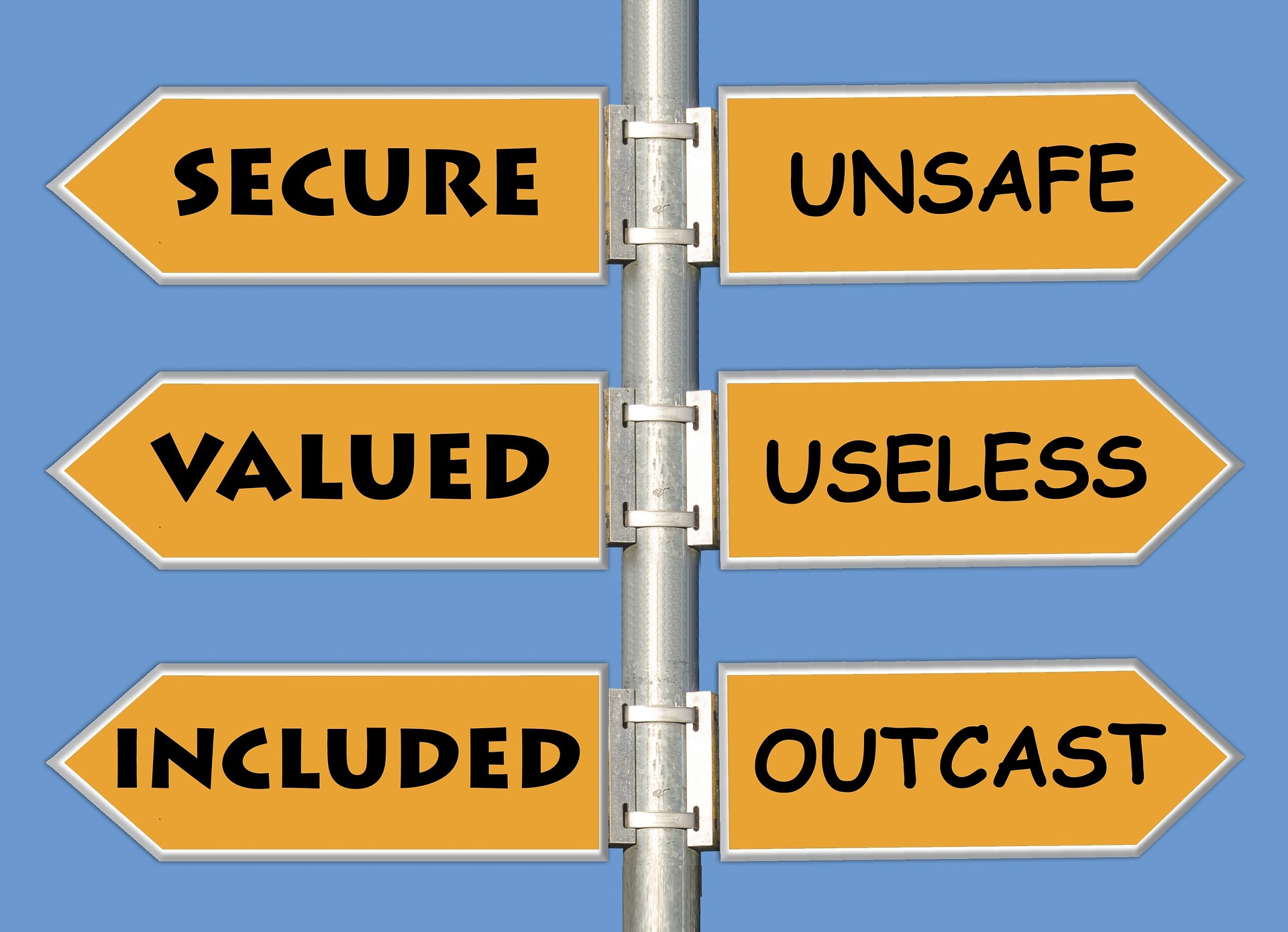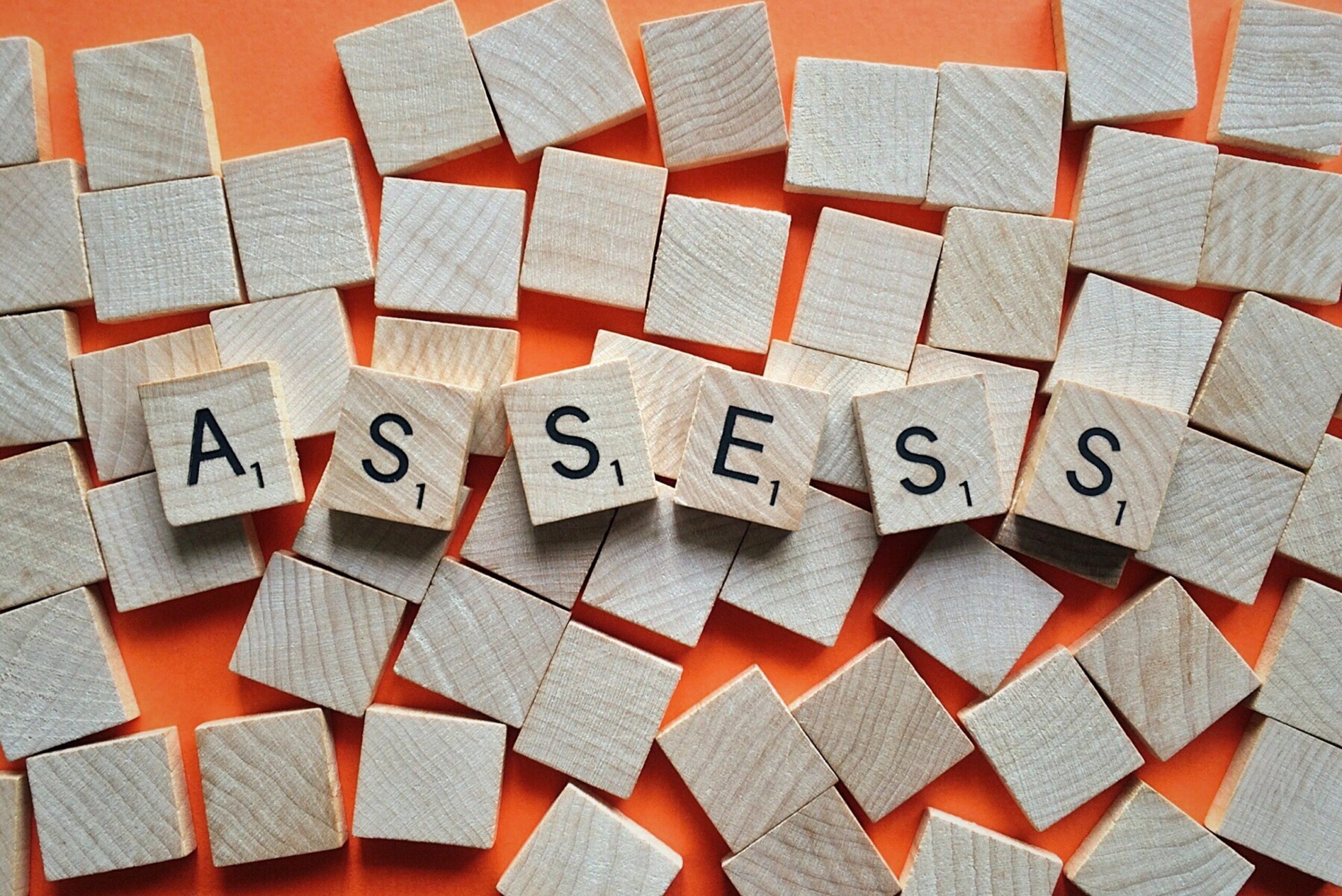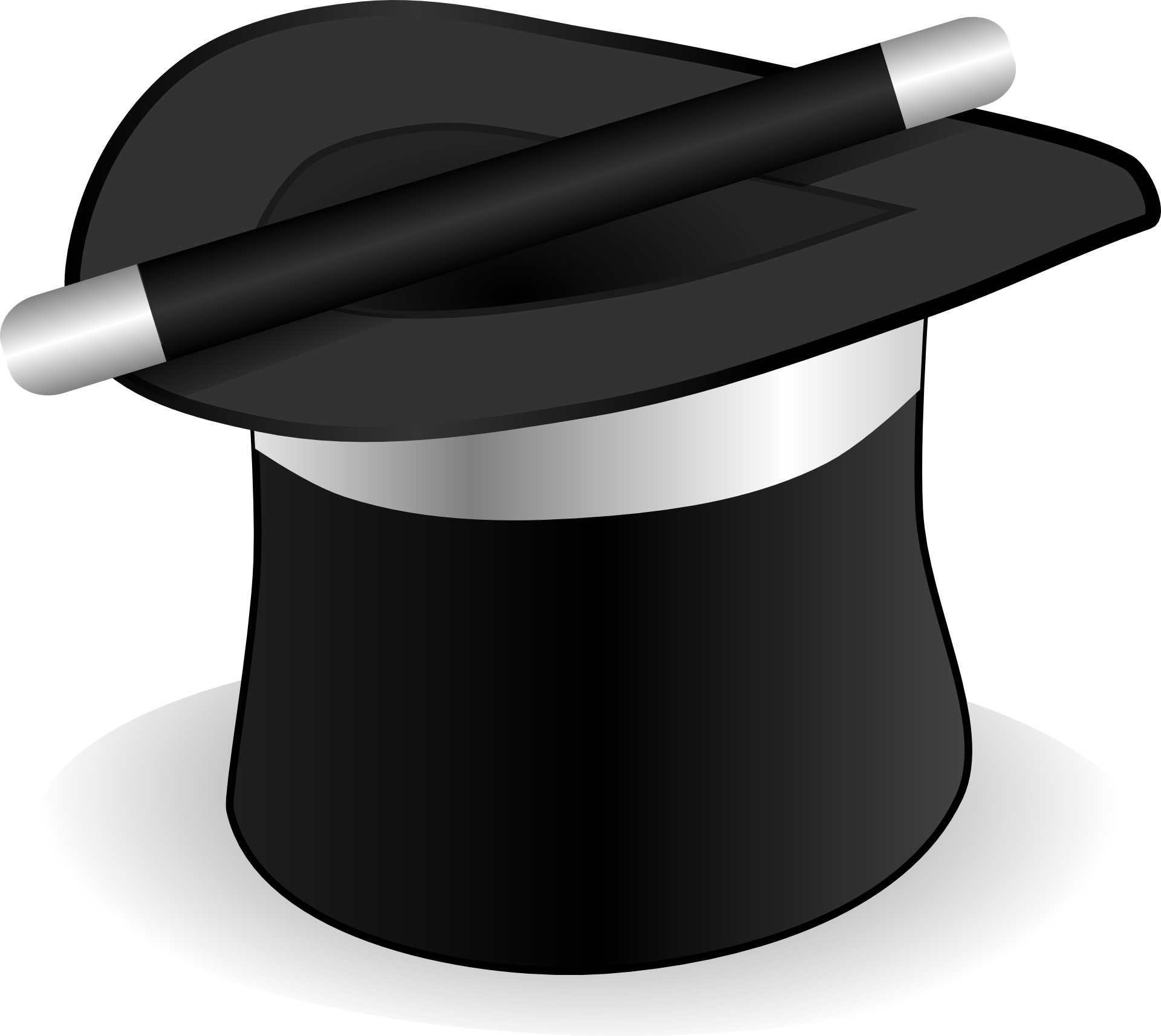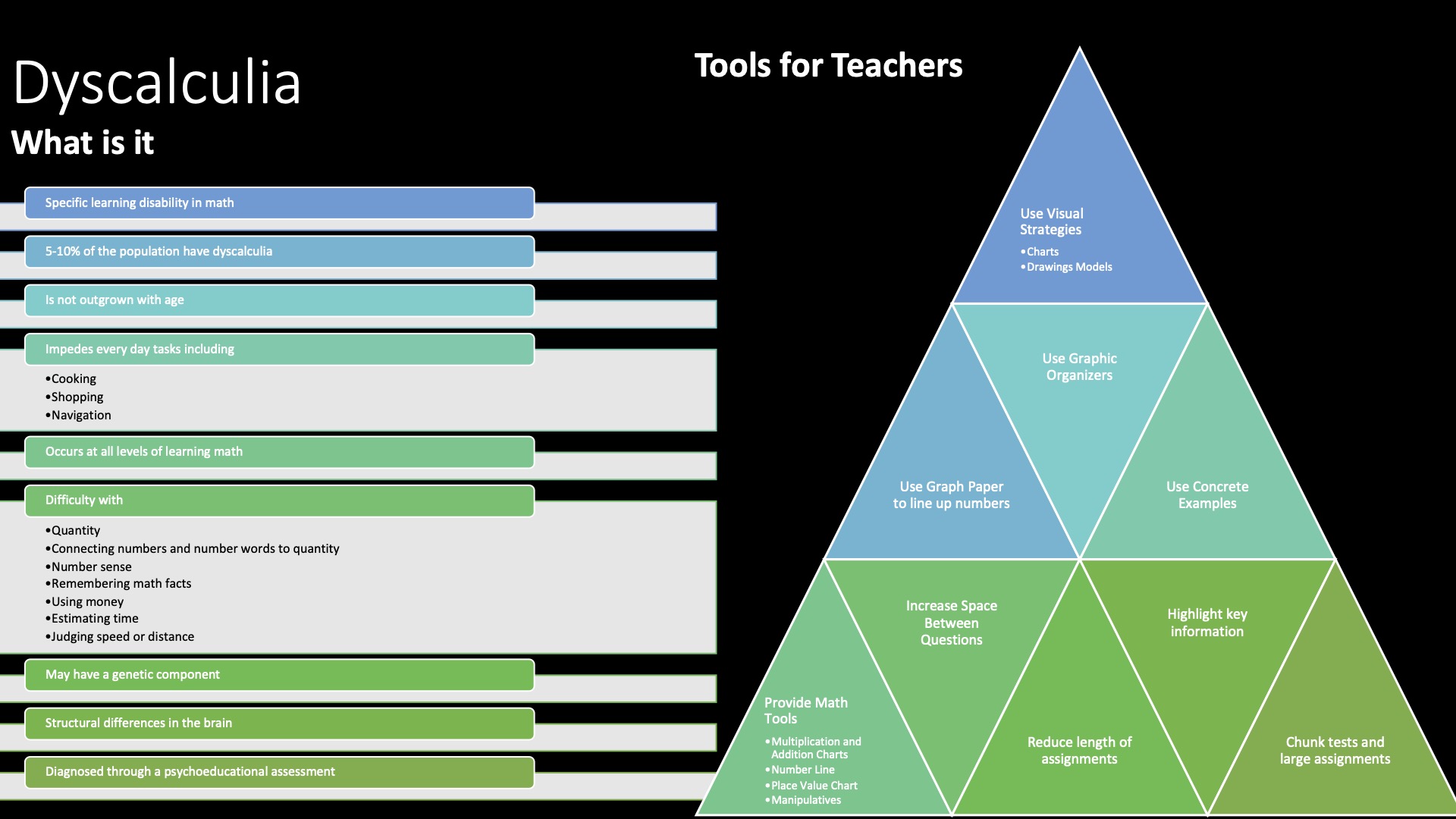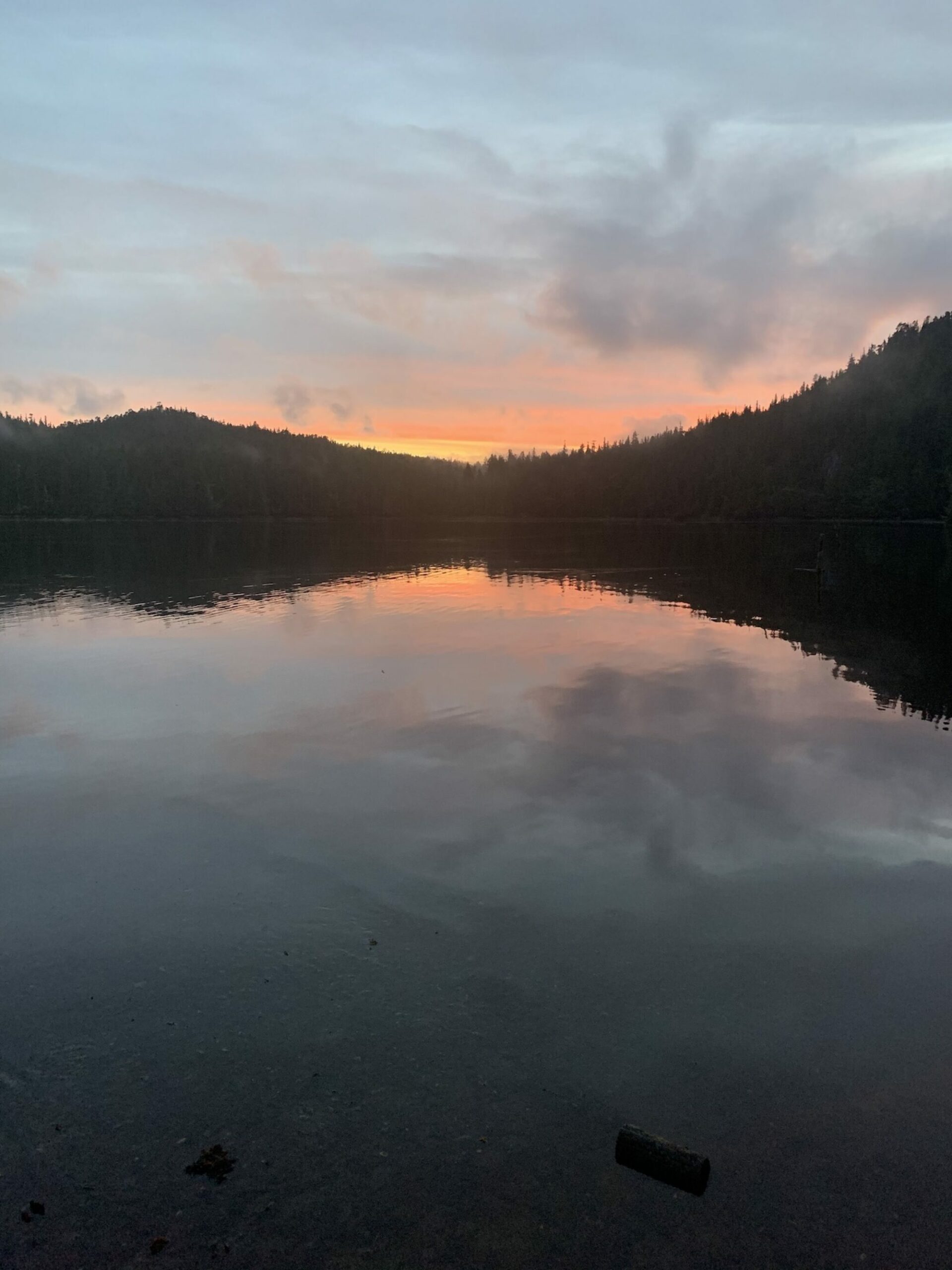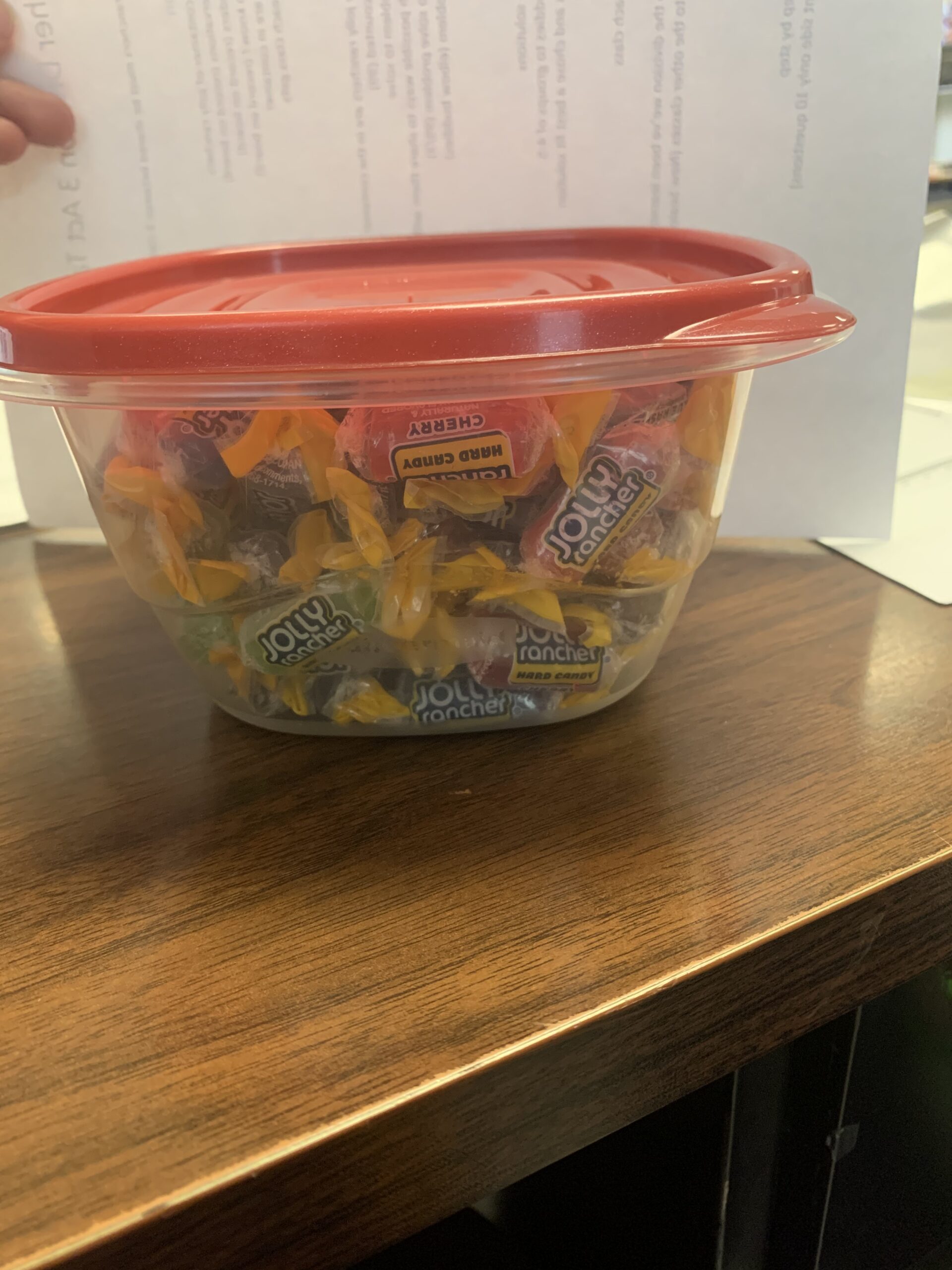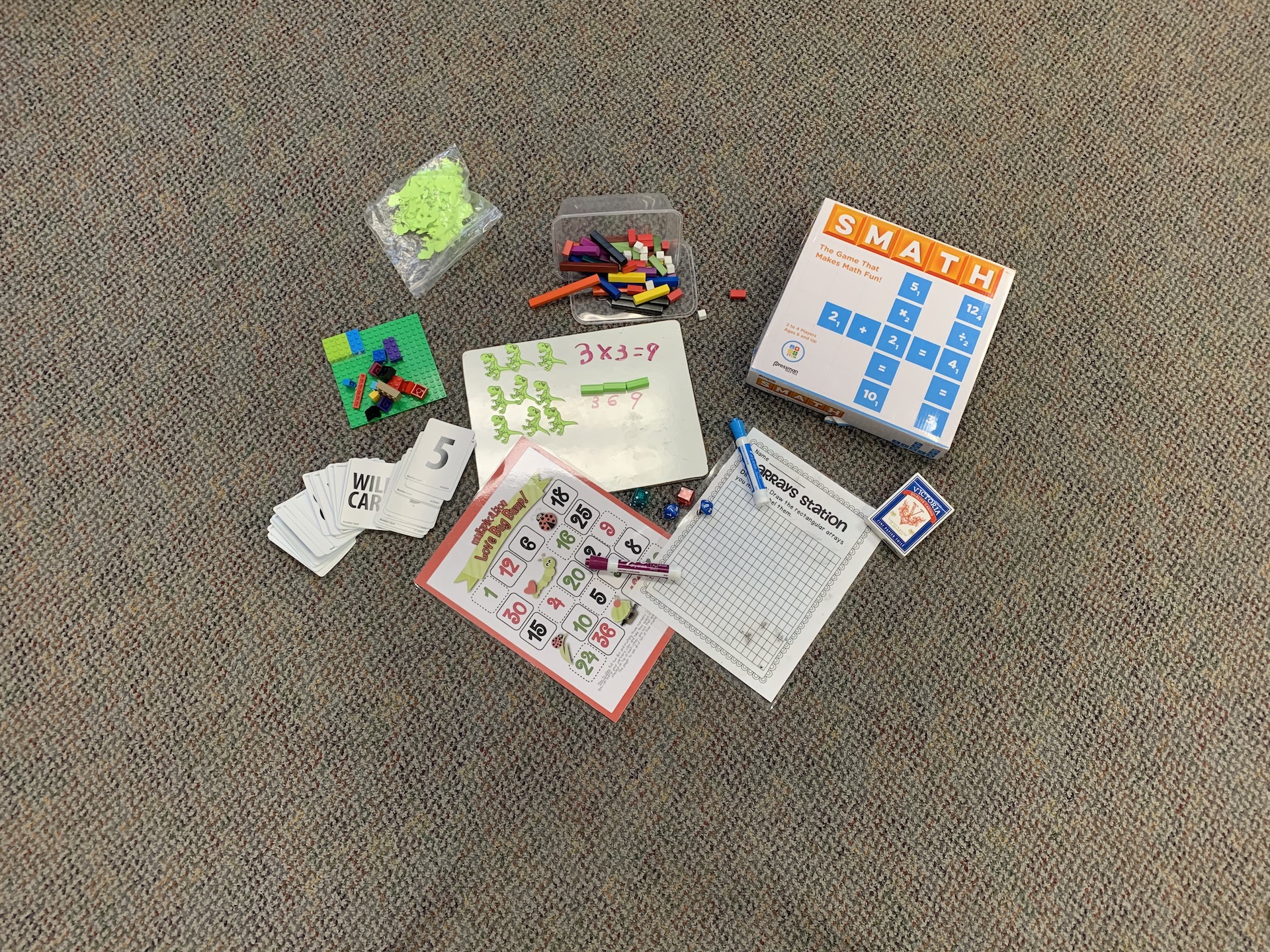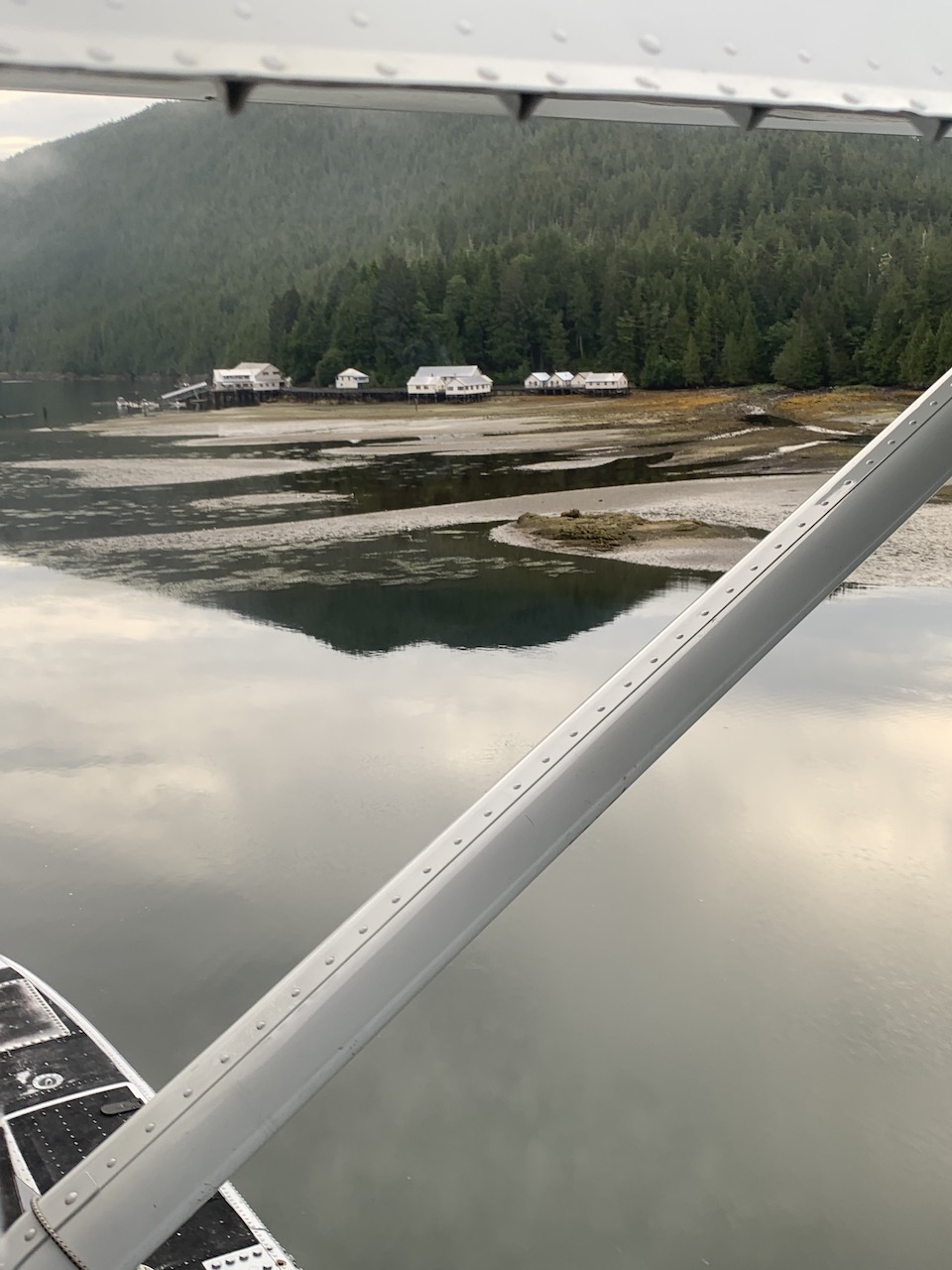As someone who identifies as being Metis and having Metis heritage, I have found that many of these principals have been woven into my life from early childhood and continue to influence both my family and my work in the classroom. I did not know that these principals had names until my Aboriginal Education course at UBC in the fall of 2014. I distinctly remember sitting in that class listening to the professor introduce them and realizing that that was how my family had always lived. Some resonated with me instantaneously as being part of my family’s ongoing way of life. I remember being struck by the explicit point about some knowledge being sacred, as there had always been stories or places we visited where my sister, cousins and I were told to “keep this as a family story” or “this is just for our family” now as an adult I am more conscious of the fact that some knowledge is sacred and limited to knowledge keepers and respect that. My own heritage does influence my own work with the principals. I am on a constant journey of discovery to learn more about the heritage my family hid until I was in my late teens, we lived the FPPL and applied them in many ways and shared our stories but never named the heritage until after I had finished high school. Now that I’m approaching 30, I am constantly trying to learn more about the traditions and story of the Metis people so I can better understand my own family. I have been very privileged to work with an Aboriginal Support Worker in my school who is also Metis and has very generously taken the time to help me learn and understand.
In my classroom there are two principals that I find more challenging to implement.
- Learning involves generational roles and responsibilities.
- I find this one challenging because to me the generational roles truly brings elders into the forefront as teachers and knowledge keepers. To do this well I feel that I would need a true, on-going connection with an elder or group of elders and unfortunately in my context at school this is not possible. I have seen this work very well in my own family learning from grandmothers, aunties and uncles and beginning to pass my own knowledge to my nieces and nephews. Generational roles is also closely linked to the idea the learning is relational. Part of the privilege of working with and learning from elders is the forming of relationships and getting to know one another, they are a part of your family. In learning from the elders in my family I find that it is the times when my grandparents, parents, aunts and uncles share their stories the I get to know and understand them better. By listening and learning from them, but also sharing what I am learning and discovering with them. Intergenerational relationships are hugely valuable for everyone involved not just the younger generations.
- Learning recognizes the role of indigenous knowledge.
- For me this one challenges me in implementing it consistently and across all subject areas in a way that is meaningful and respectful. I am challenged to bring it into math in particular and would like to hear how others have done so. I am constantly challenging myself to look for books by indigenous authors that can work into my units and big ideas. This one for me is my biggest challenge to be consistent and purposeful. I want to have indigenous content woven through as naturally as possible, so it is part of our learning. This is where as a teacher I need to do the most growth with the FPPL as I do not have the complete understanding, I need of both my own Metis back ground and of other indigenous peoples. For this I need to continue to seek out experts and elders who are willing to share their knowledge.
I have two principals that truly resonate with me:
- Learning is holistic, reflexive, reflective, experiential, and relational (focused on connectedness, on reciprocal relationships, and a sense of place).
- For me it is the experiential and relational part that stands out to me most as well as the sense of place. While I grew up in Cloverdale, BC I spent my summers exploring the BC Coast and fell in love with it through trips to Rivers Inlet. Our trips involved either my parents’ sister and I or extended family and learning alongside my sister and cousins from parents, aunts, uncles and grandparents. This is one that I find easiest to implement in my classroom as we focus on building relationships, and I try to do as much hands on learning as I can across all areas.
- Learning is embedded in memory, history, and story.
- This has to be my favourite if I am able to pick one. For me it conjures up images of having stories told to me around a dinner table or camp fire. it makes me think of my mom reading to my sister and I every night or my dad telling stories about places as we drove. This one feels cozy, warm and like home. I think of rainy nights at Goose Bay and my family telling stories as waves lap at the pilings below the cookhouse. It’s the stories told on the dock, boats, around campfires, dinner tables or in the car about places, people and our family. For me it also conjures up songs and the music that plays softly in the background of all family events, the songs we sing together that are connect to and part of our unique story.
